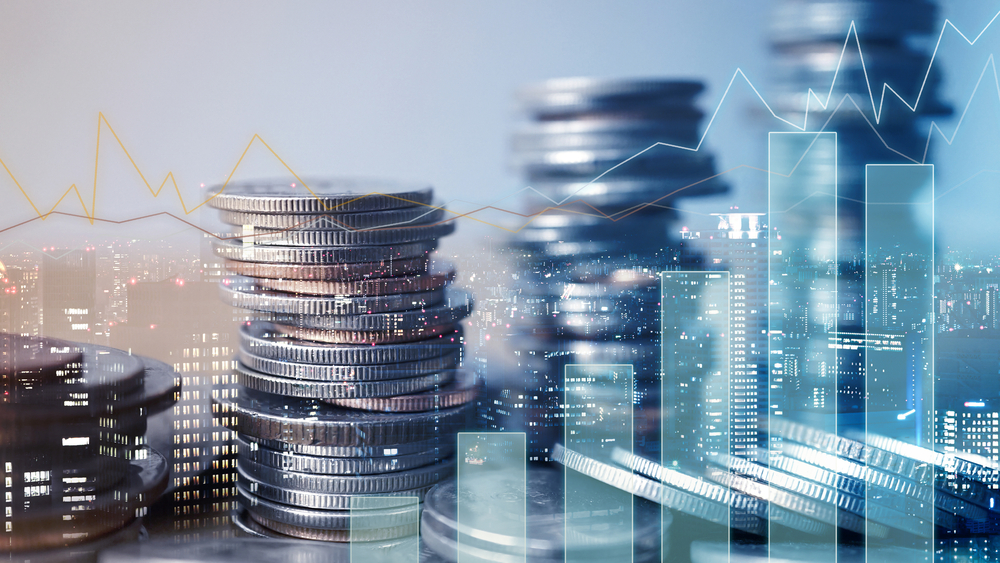Business
Should You Dump Indexes Funds? Will We Have a Quick Recovery? Experts Weigh In

The stock market rally continues, and states are slowly starting to reopen their economies. The earnings season wasn’t as bad as many expected. So, it’s now time to look at where our country (and economy) go from here. What can we expect a recovery to look like?
Two chief investment officers and a chief international strategist weighed in with their thoughts on the market and the path towards recovery.
Predictions
Lisa Shalett, chief investment officer at Morgan Stanley Wealth Management, takes the opposite approach to Warren Buffett, and says investors should shun over-valued index funds and become stock pickers.
“Our strategy has been to, you know, move away from the indexes which we think are excessively concentrated and super expensive — you know, tech names that we all know, ” she said. “And really if they want to play the market here to go after pockets of value and as areas that are still left behind from the February-March sell-off.”
Shallet likes the financial, energy, materials and industrial sectors, along with small caps.
“Those are the areas that we’re encouraging folks to be stock pickers, not ETF index buyers. Ultimately, the value names had their performance exacerbated by a sudden stock recession.”
Coincidentally, CNBC’s Jim Cramer is also in the camp of selling index funds and buying individual stocks, believing too that index funds hold too many over-priced stocks.
Still in Bear Market?
Chris Ailman, chief investment officer at the California State Teachers’ Retirement System, believes that despite the recent rally we’re still in a bear market. He thinks we're still sitting in cash waiting for new buying opportunities.
“This market rally is nice to see but the bull market is over,” Ailman said. “We're in a bear market and I think we’re in a trading range,” he added. “It’s nice to see some of the other stocks do better, but this market has been highly concentrated in five names, the stay-at-home names, and we’re far from out of the woods on this one… We still have a large cash position because in a recession, in a bear market, cash is important. The return on cash is terrible, the phrase ‘cash is trash' is true but in this environment cash is king,” he also stated. “So we have been slowly getting a little offensive, but we think this recession is longer than what people are expecting.”
Long Recovery?
Alan Ruskin, chief international strategist at Deutsche Bank, expects the recovery to be a long one.
“We’re in fact thinking that we’re only going to recover all the losses that we’ve incurred over the last quarter and … still incurring by sometime in 2022. There’s a long, long, long time ahead in terms of recovery and the market I think anticipates that. So I think the tension you have is really about… how quickly can you recover.”
Ruskin also believes that many investors are simply betting that the Fed will do anything it can to keep the markets afloat. Also, he thinks that, ultimately, the market will stay inflated. This is, however, until we see a second wave of coronavirus cases.
“Can the central banks support markets and risky assets for a lengthy period of time?’ That’s I think the big question out there. I think the problems probably arise if you have some sort of second wave, and you have this period of optimism dashed. I think that that is when the equity market will be vulnerable again.”
He adds, “But until then, you know, whilst we’re still in this phase of opening, I think the equity market is kind of telling you that the S&P is going to have a hard time [getting] through 3,000, but it’s made a pretty solid low earlier in March, and it’s not going to break down until we see exactly what the path of the virus is.”
Up Next:
- There’s No Way to Sugarcoat It; The Economic Recovery Will Be ‘Brutal’
- Global Markets Drop, Spooked by China-US Tensions over Coronavirus
- Futures Hike as Investors Bet on Economy Re-Opening













